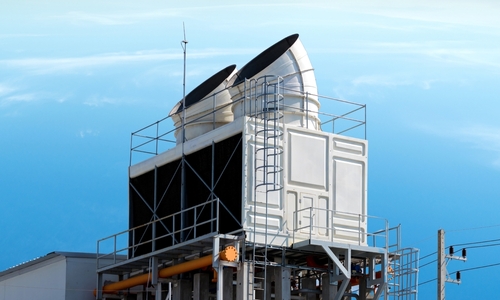
The state House of Representatives Consumer Protection, Technology and Utilities Committee approved Wednesday legislation establishing the legal and regulatory framework for potential carbon dioxide capture, utilization, and sequestration (CCUS) in Pennsylvania
Currently, only the Federal Environmental Protection Agency (EPA) claims authority for CCUS, a process that removes carbon dioxide (CO2) from the atmosphere emitted from industrial sites for reuse or storage underground.
“This legislation is a proactive step to secure Pennsylvania’s future as a hub for carbon capture and sequestration,” said state Sen. Gene Yaw (R-23), sponsor of the measure, Senate Bill 831. “It’s a pragmatic solution to a problem that we all want to solve – reducing our carbon emissions without crippling the reliability of our existing power grid.”
The Great Plains Institute, using data from a 2009 Department of Conservation and Natural Resources report, estimates that Pennsylvania could store approximately 2.4 billion metric tons of CO2 underground. That is equivalent to the level of greenhouse gas emitted from 517 million gas-powered passenger vehicles annually, according to the EPA.
The legislation has received support from several agencies, including the Pennsylvania Chamber of Business and Industry, as well as the Greater Pittsburgh Chamber of Commerce. It is also supported by the Pennsylvania State Building and Construction Trades Council, the Allegheny-Fayette County Labor Council, the Pittsburgh Regional Building Trades Council, the AFL-CIO, and numerous other labor and environmental groups and industry representatives.
“Carbon capture technology has the potential to create a significant number of good paying jobs in the construction industry while simultaneously creating family-sustaining permanent jobs for the citizens of our commonwealth,” said Robert Bair, Pennsylvania State Building and Construction Trades Council president.
The bill now heads to the full House floor for consideration.